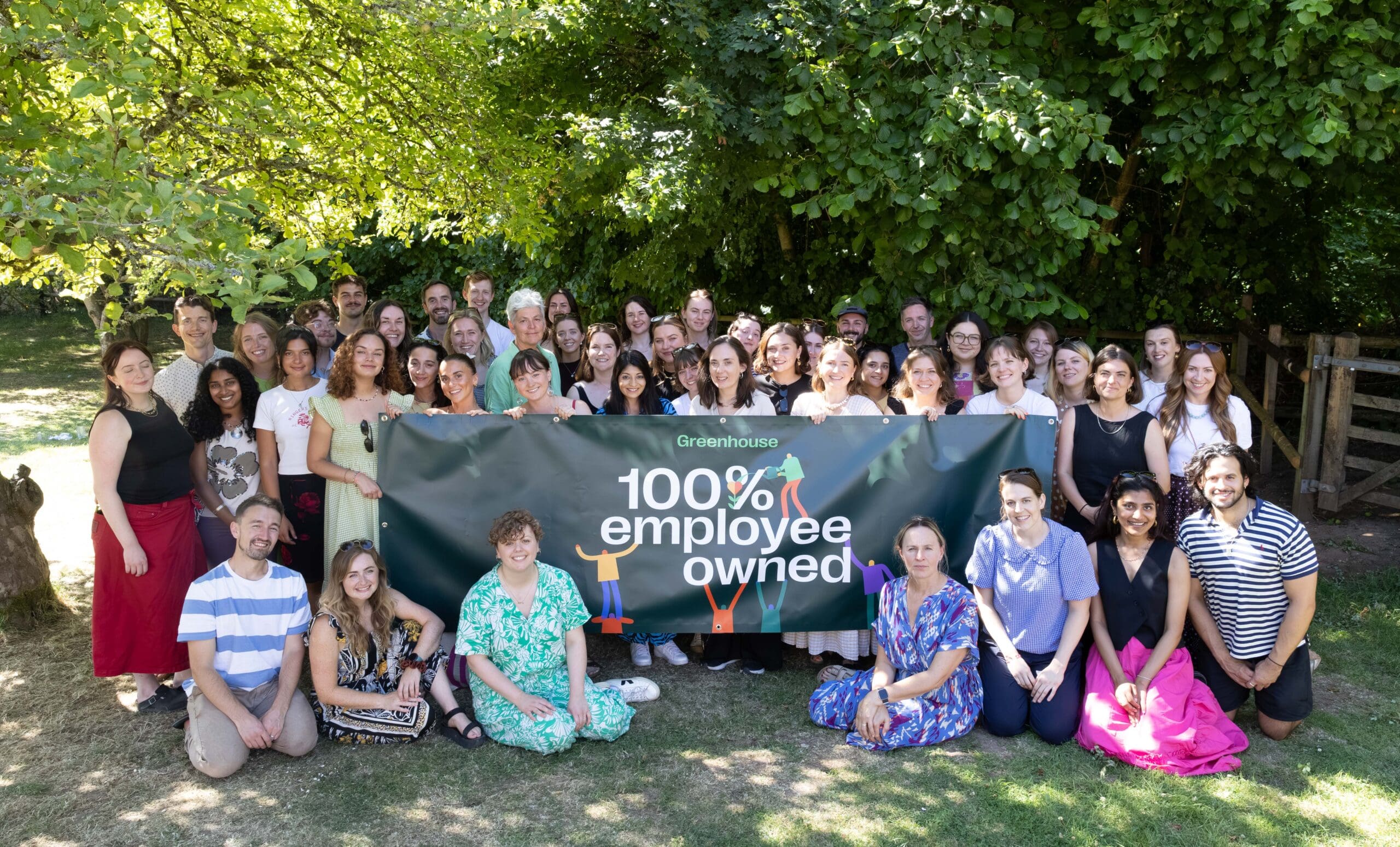Five ways farmers can combat the climate crisis

The Oxford Real Farming Conference brought together farmers, growers, scientists, economists, activists and lawyers from the UK and beyond, to discuss how the farming industry can reform its environment damaging systems and practices. Talks ranged from climate justice and agroforestry, to fair land ownership and racial inequality in farming. Here are our five key learnings from the ‘rebel farmers’ event which took place in Oxford last week, about ways farmers can combat the climate crisis.
-
Radical change
At the Oxford Real Farming Conference, farmers from all over the UK demonstrated that there are climate solutions in agriculture – and many are changing the way farming has been done for years. But it was agreed that radical change is needed urgently and ‘business as usual’ cannot continue.
Speakers urged UK farms to move away from hyper-industrial agriculture, where high-input, minimum-to-zero labour monocultures are designed to concentrate and maximise wealth. They called for an immediate transition to farming based on principles of agroecology and food justice, with small- and medium-sized low input farms which feed into local markets.
-
Farmers are innovating
While farmers at the Conference demonstrated that many sustainable solutions exist, it’s clear they won’t work if we stick to the confines of the status quo. We must go beyond just creating produce, to regenerating the environment.
Alfredo Cunhal Sendim practices the ancient art of silvopasture in Portugal, where livestock is combined with productive trees and shrubs. As well as producing food, this system makes the land resistant to drought, prevents soil erosion, resists fires, absorbs carbon and produces water.
The May Project Gardens in South London, started by Ian Solomon-Kawall, aims to connect people to nature and food through a community garden. Providing city dwellers with a connection to the land and the food they eat, is vital in transforming the way we think about food production.
-
Farming needs climate justice
Another topic highlighted as a way farmers can combat the climate crisis, was the consideration of social issues. If we ignore them, then environmental problems within the farming system will not be solved. In particular, the current land ownership and farm subsidy system needs reform to help farmers tackle climate change.
Leah Penniman runs Soul Fire Farm, part of an international network of farmers who want to increase farmland stewardship of people of colour, as well as restore afro-indigenous farming practices – which are traditionally more environmentally friendly. Farmers like Leah can help dismantle racism in the food system and inspire the next generation of activist farmers.

-
The role of farmers in combating the climate crisis
Farmers can create sustainable systems through monitoring the impacts of their practices and the management of their farms. They can also create valuable habitat for wildlife that is rapidly being lost to intensive farming that does not consider biodiversity.
During the ‘net zero farming’ talk, it was agreed ways farmers can help include carrying out carbon audits of their farms, preserving and restoring hedgerows and trees, and stocking native livestock breeds that are suited to local climates.
-
It’s not just about carbon…
Speakers also recognised that a holistic approach is needed in order for farmers to find ways to help combat climate crisis. Considering carbon as well as biodiversity and nature is crucial. During the ‘food, farming and climate justice’ talk, Gail Bradbrook, Extinction Rebellion Co-founder, said “farmers are on the frontline of the planetary crisis” and talked about how we must consider biodiversity as well as climate. “It’s fundamentally about our relationship with nature.”
While discussing practical ways to achieve zero carbon in the UK, Martin Lines, Chair of the Nature Friendly Farming Network illustrated the need for a holistic approach, stating: “There is no point planting trees to store carbon and getting rid of habitat for ground-nesting birds.”
With its wide range of pioneering industry voices, the Oxford Real Farming Conference further boosted awareness of the role food and its production plays in tackling the climate crisis. The resounding support for these sustainable and innovative solutions from attendees and speakers alike shows positive change is coming to the farming system in the UK and beyond.
Greenhouse PR works with organisations and leaders who are pioneering climate action. Whether it’s energy, food, fashion, finance or farming, if you’ve got a great story and need our help to tell it, get in touch with the Greenhouse team on 0117 214 1250 or email info@greenhousepr.co.uk.


